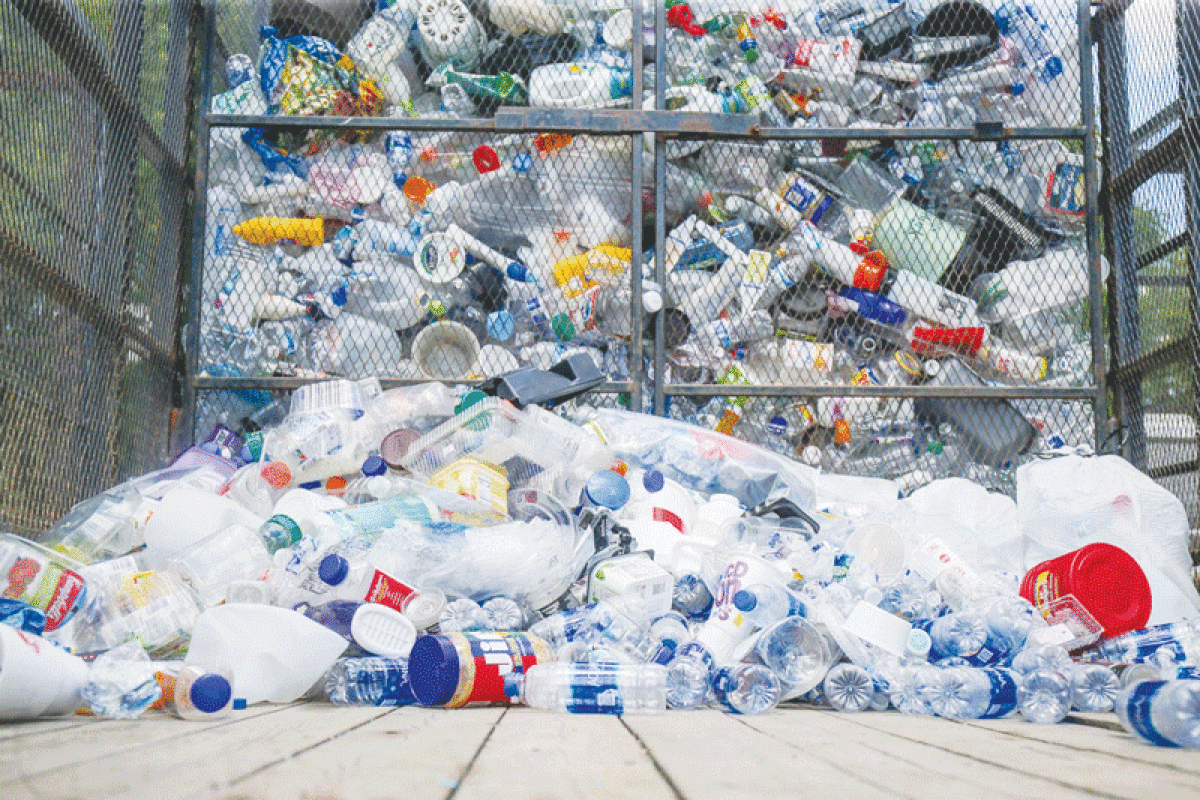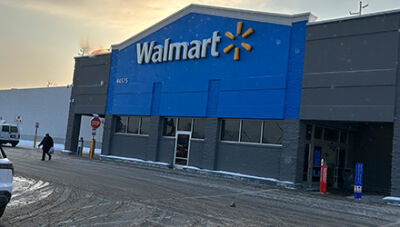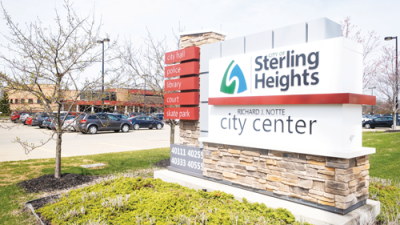STERLING HEIGHTS — The city expects to have trash removal on its agenda this spring as it plans to weigh contract bids for a new city waste hauling contract.
During a recent Sterling Heights City Council strategic planning session, officials explained that the city last signed a garbage pickup contract in 2016 with GFL Environmental that will expire April 30, 2024. As a result, it’s time to discuss a new contract and what that will entail.
As part of a new deal, city officials said, Sterling Heights is seeking 95-gallon trash carts for homes — 45 inches tall and 29 inches wide — as well as universal curbside recycling with 65-gallon recycling carts that are 40 inches tall and 27 inches wide. Officials said the city could keep yard waste basically the same, with carts as just an option available for purchase.
According to Sterling Heights Department of Public Works Director Michael Moore, the goal is to change the collection system from having “a wild combination of mixed containers” and garbage bags at the curb to a more uniform system of receptacles. Moore said exposed trash bags “have the potential for the rodents to get into or just have a very poor look for our city.”
City Development Director Jason Castor added that code enforcement also would be highly in favor of everyone using refuse carts.
In terms of recycling, Moore explained that around 25% of the city’s households are currently part of a voluntary, $57 annual subscription curbside recycling program, in which they put their recyclables in a 65-gallon cart.
Councilman Michael Radtke said he thinks that Sterling Heights is the state’s biggest community that doesn’t offer universal curbside recycling. He said he wants to require condos and apartments to provide some form of recycling to their residents.
City Manager Mark Vanderpool said that, if universal curbside recycling is enacted, the city would likely stop keeping its recycling drop-off center operational.
Councilman Henry Yanez pointed out that not everything, such as carpeting, fits in a cart.
“I’m also thinking about things like the extra trash we have on holidays, spring cleaning when people clean out their homes and garages, when they’re moving out, whatever,” he said.
Moore said certain items, like carpets, would still be considered bulk or special collection items that could be bundled and placed at the curb.
Council members also discussed whether to have multiple options for cart sizes, though Moore believed that additional cart options would increase the contract cost.
Picking up the price tag
Moore said garbage and yard waste services currently cost the average household $74 annually, with the voluntary recycling aspect bumping that figure up to $131 for the subscribed recyclers. According to a city chart, this puts Sterling Heights behind nearby communities like Troy, $152; Clinton Township, $159; and Macomb Township, $179.
Moore said the proposed program for the next contract could carry a likely estimated cost between $150 and $200 annually for the average home.
Mayor Michael Taylor called refuse services “the single biggest contract and vendor that the city has,” and he said that “we’ve been lucky to have a contract so low for the last seven years.”
Taylor said he supports universal curbside recycling and refuse carts, though he added that “it’s going to be a bit painful.” At one point, he mentioned that someone who doesn’t subscribe to curbside recycling or who hasn’t acquired a voluntary cart will likely have their costs double or, conservatively, even “almost triple.”
Finance and Budget Director Jennifer Varney said the actual amount residents will pay would depend on their home’s value, since it’s a millage, outside of the city’s operating millage. The refuse millage is paid by all property holders, including businesses, city officials said.
Varney said she took some GFL quotes from two years ago and bumped them up by around 20% to give a conservative estimate on the hypothetical upcoming cost.
Under those assumptions, she said, the annual contract cost is under $5 million now, and an estimate could have that increase to around $9.8 million annually. She said she expects the new cost to users would be “pretty close to 2 mills,” compared to about 0.95 mill now.
Radtke said he understands the fear of increasing taxes, but he said “there is no one that is going to give us this deal that we have now.”
“It’s not available in the marketplace, both because fuel costs have risen and because recycling costs have risen, and it’s just not tenable,” he said.
Moore explained that getting a new contract by this April would give the awardee a full year to prepare and buy the carts and hauling vehicles needed to carry out the service. The city also plans to engage in a fall campaign to teach the public about the new waste management system. Moore said he believed that, among possible vendors, “a few folks would throw their hat in the ring” and likely bid on the contract.
Learn more about Sterling Heights by visiting www.sterling-heights.net or by calling (586) 446-2489.
 Publication select ▼
Publication select ▼


























